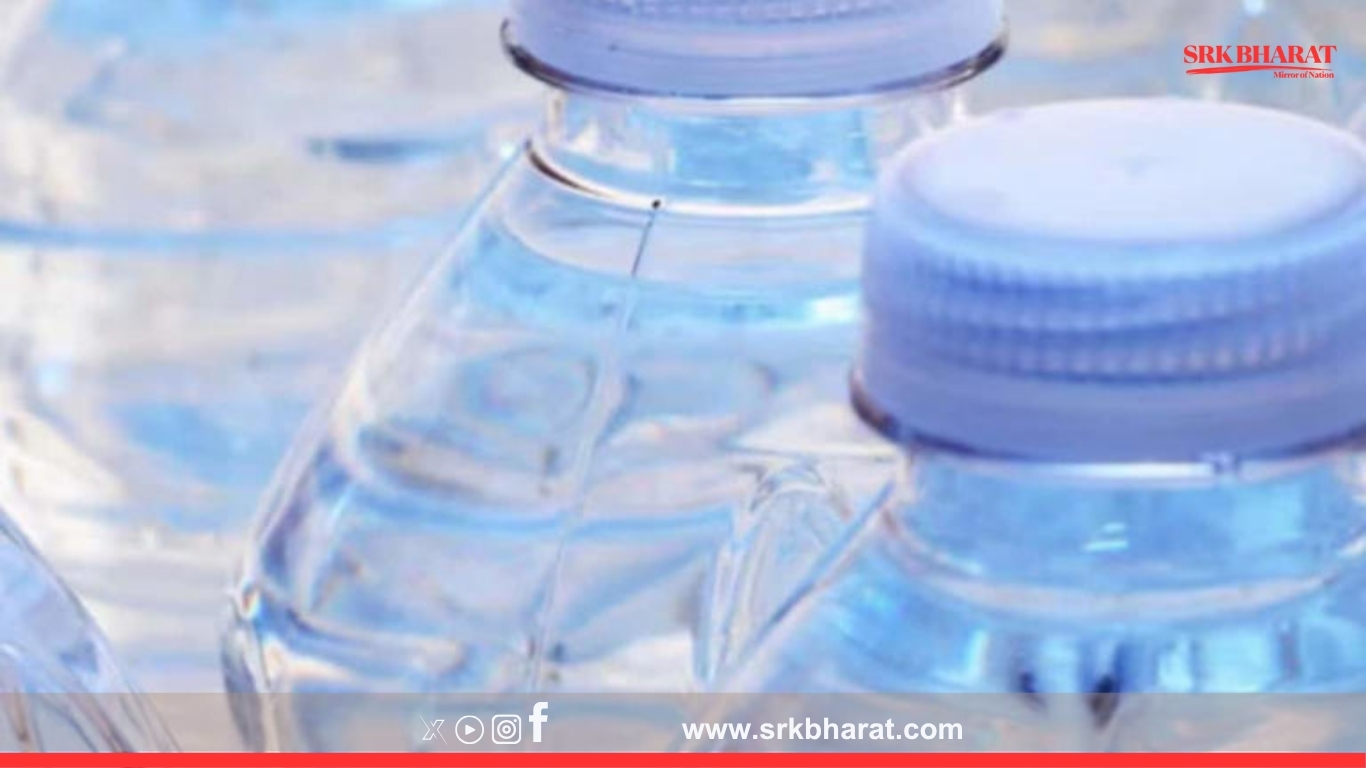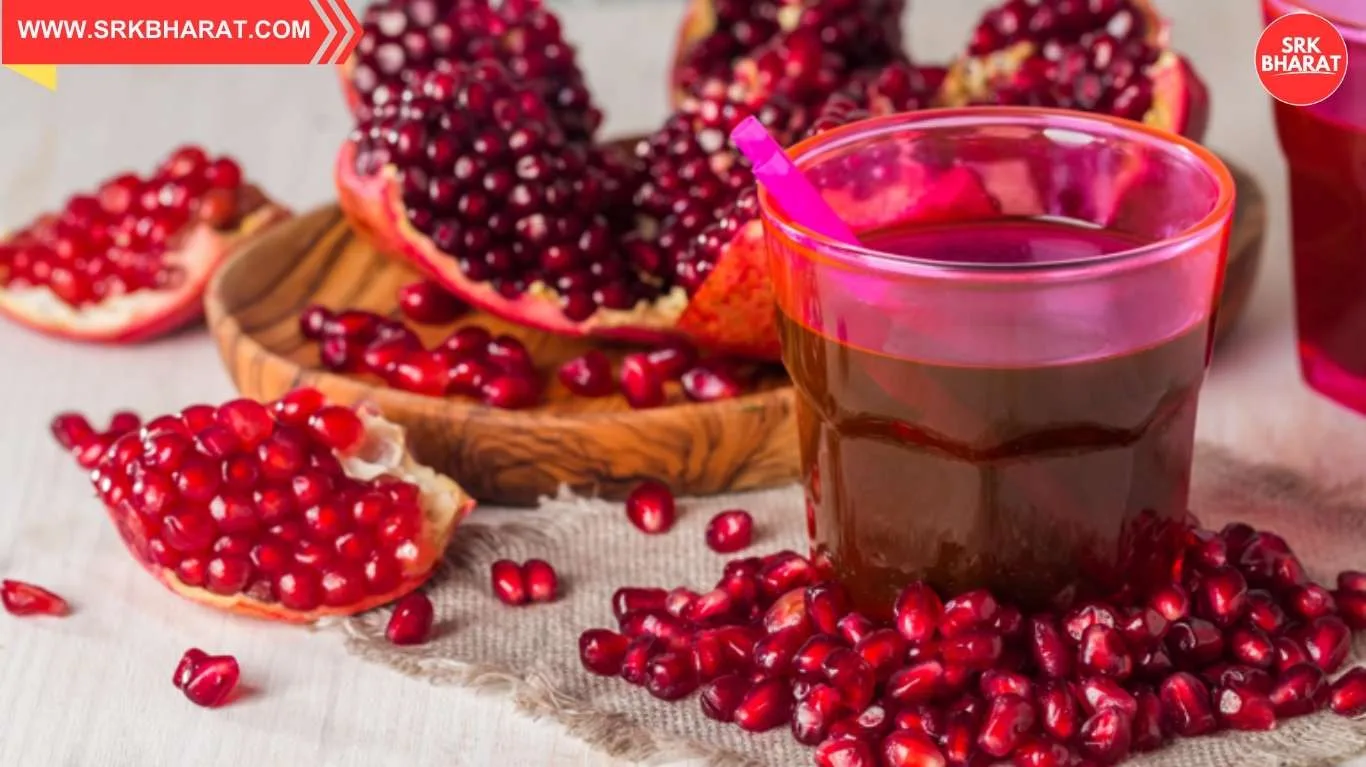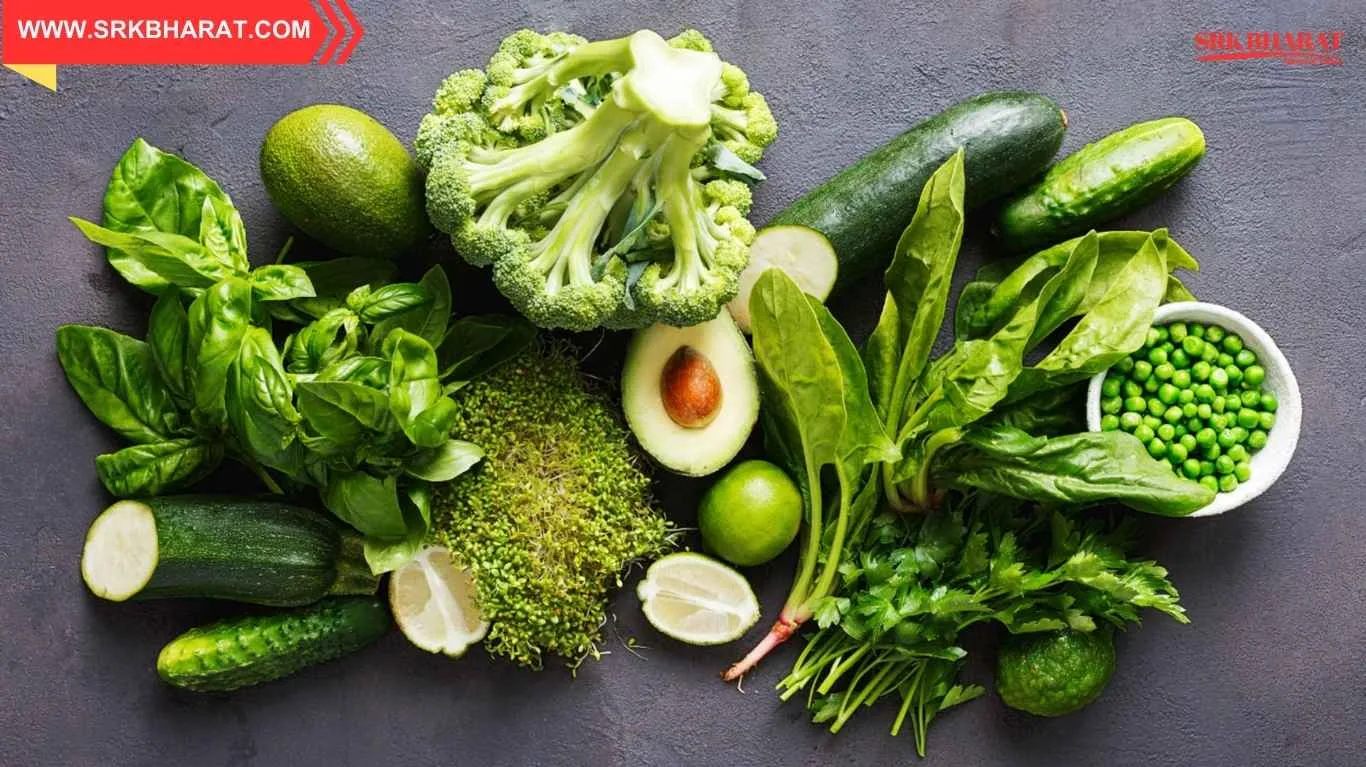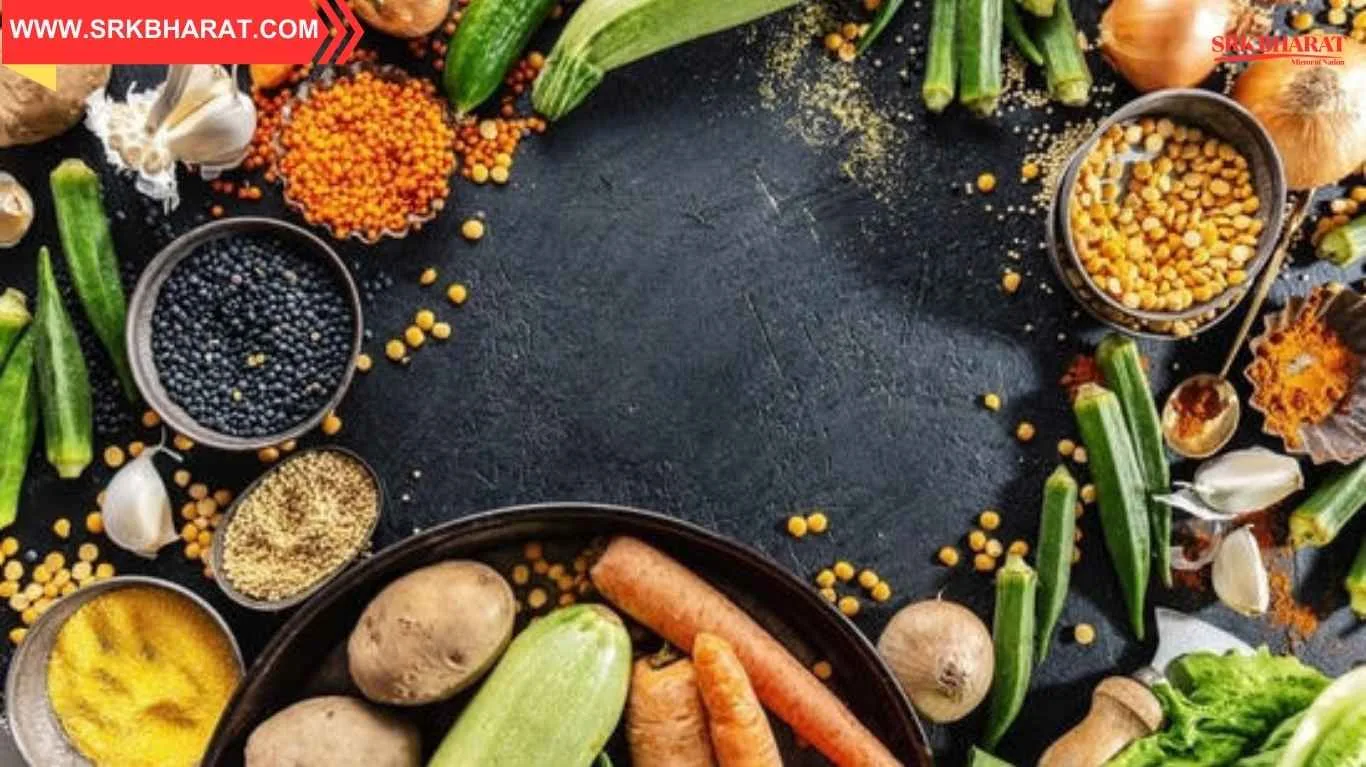While packaged drinking water is often perceived as a safe and convenient choice, recent findings suggest that it may pose serious health risks due to contaminants, regulatory gaps, and misleading labeling. The Food Safety and Standards Authority of India (FSSAI) has classified packaged water as a high-risk food product, requiring stricter quality checks and frequent inspections.
Key Concerns About Packaged Water
- Microplastics & Nanoplastics: Studies reveal that bottled water contains 10 to 100 times more plastic particles than previously estimated, with nanoplastics capable of entering the bloodstream.
- Regulatory Loopholes: While the Bureau of Indian Standards (BIS) mandates quality checks, many bubble-top water cans lack ISI certification, expiry dates, and proper labeling, raising concerns over water purity and packaging safety.
- Counterfeit Bottled Water: Authorities in Uttar Pradesh recently uncovered illegal plants bottling water under deceptive brand names like “Bilseri” and “Blesseri”, highlighting the proliferation of fake bottled water brands.
Consumer Safety Measures
Experts recommend opting for glass or stainless steel containers instead of plastic bottles to minimize exposure to harmful chemicals. Additionally, consumers should verify ISI certification, check for manufacturing details, and avoid damaged or unsealed bottles.
Future Outlook
With rising concerns over water safety, regulatory bodies are expected to tighten compliance measures, ensuring higher transparency and accountability in India’s packaged water industry.
For more updates on food safety and consumer health, stay tuned!











